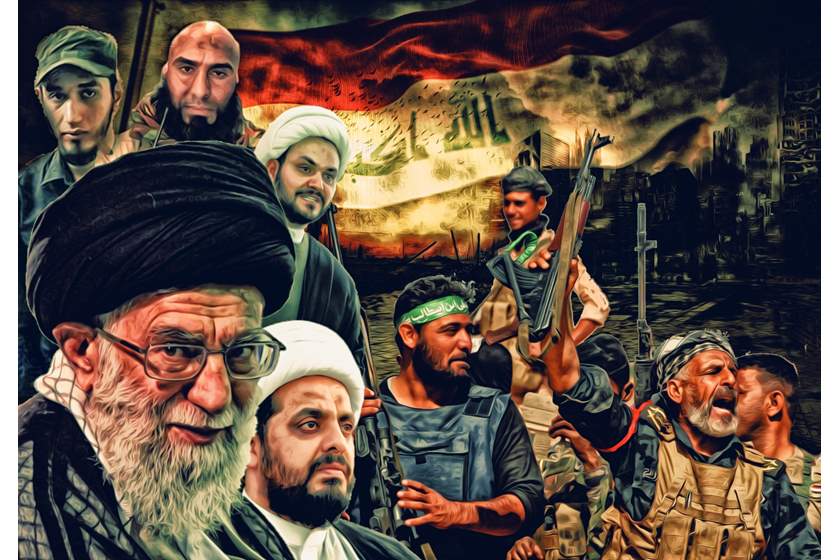Image processed by CodeCarvings Piczard ### FREE Community Edition ### on 2019-02-02 20:42:48Z | | ÿÿÿÿÿo° xÿ الملالي في إيران يحبون الاختباء خلف وكلائهم – لقد حان الوقت للتوقف عن السماح لهم بذلك د. ماجد رافي زاده /معهد جيتستون/07 أيلول 2024 (ترجمة من الإنكليزية بواسطة موقع غوغل) Iran’s Mullahs Love Hiding Behind Their Proxies — It Is Time to Stop Letting Them D. Majid Rafizadeh/Gatestone Institute/September 07/2024 *Dr. Majid Rafizadeh is a business strategist and advisor, Harvard-educated scholar, political scientist, board member of Harvard International Review, and president of the International American Council on the Middle East. He has authored several books on Islam and US Foreign Policy. He can be reached at Dr.Rafizadeh@Post.Harvard.Edu © 2024 Gatestone Institute. All rights reserved. The articles printed here do not necessarily reflect the views of the Editors or of Gatestone Institute. No part of the Gatestone website or any of its contents may be reproduced, copied or modified, without the prior written consent of Gatestone Institute. الملالي في إيران يحبون الاختباء خلف وكلائهم – لقد حان الوقت للتوقف عن السماح لهم بذلك د. ماجد رافي زاده /معهد جيتستون/07 أيلول 2024 (ترجمة من الإنكليزية بواسطة موقع غوغل) *الدكتور ماجد رفي زاده هو استراتيجي أعمال ومستشار، وباحث خريج جامعة هارفارد، وعالم سياسي، وعضو مجلس إدارة مجلة هارفارد الدولية، ورئيس المجلس الأمريكي الدولي للشرق الأوسط. وقد ألف العديد من الكتب عن الإسلام والسياسة الخارجية الأمريكية. ويمكن التواصل معه على العنوان Dr.Rafizadeh@Post.Harvard.Edu © 2024 معهد جيتستون. جميع الحقوق محفوظة. المقالات المطبوعة هنا لا تعكس بالضرورة آراء المحررين أو معهد جيتستون. لا يجوز إعادة إنتاج أي جزء من موقع جيتستون أو أي من محتوياته أو نسخها أو تعديلها، دون الحصول على موافقة كتابية مسبقة من معهد جيتستون.


